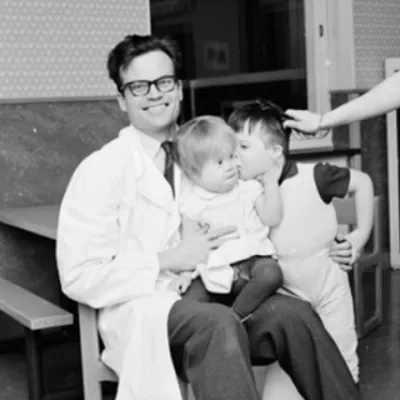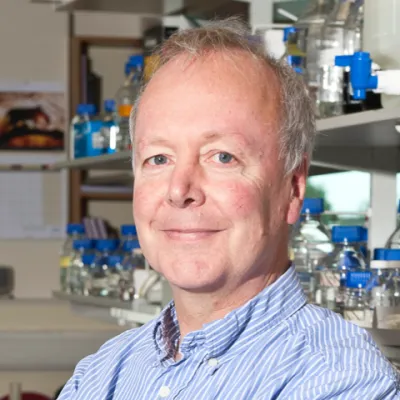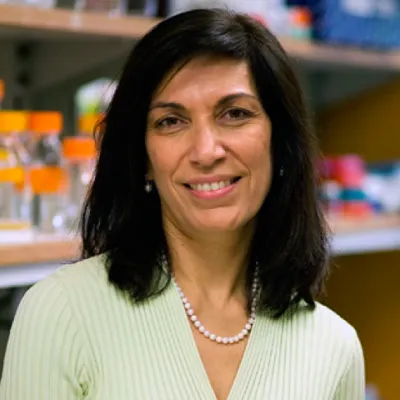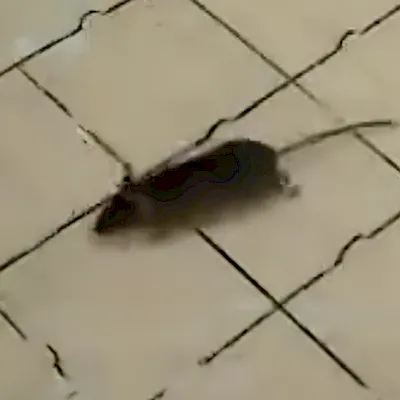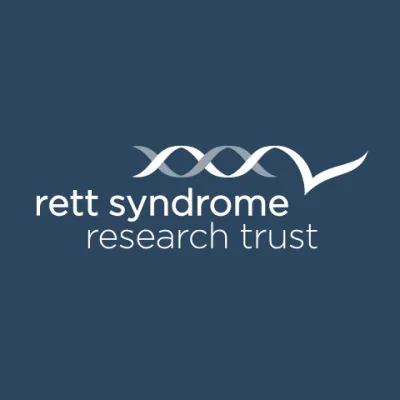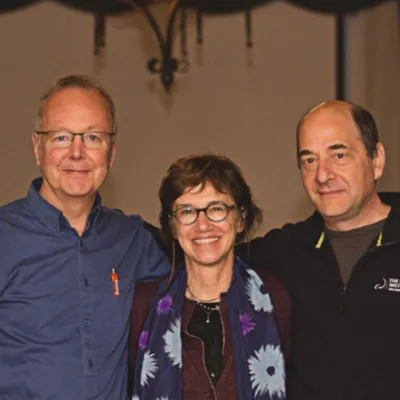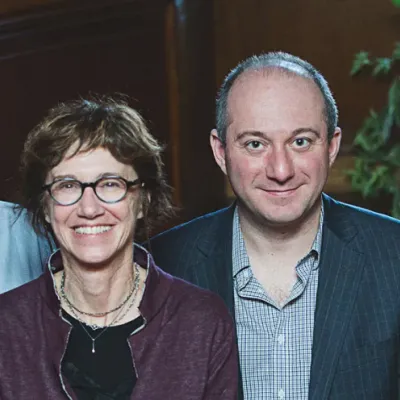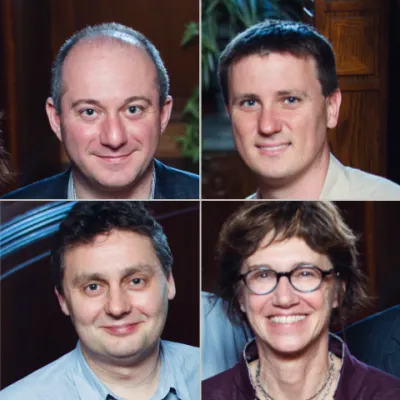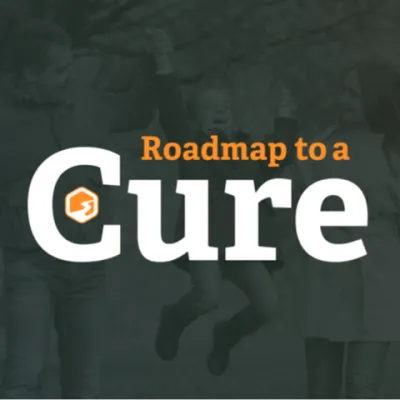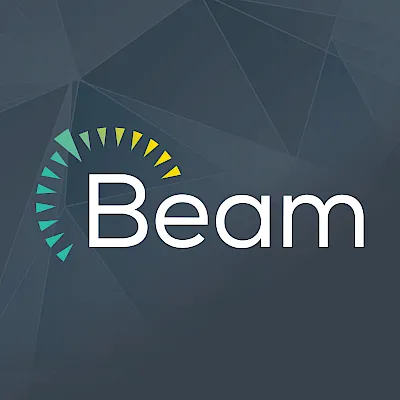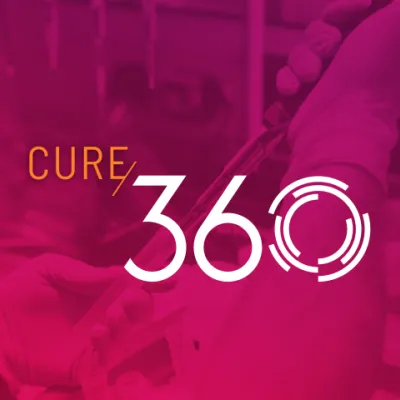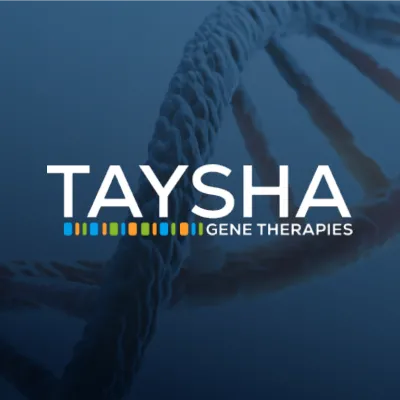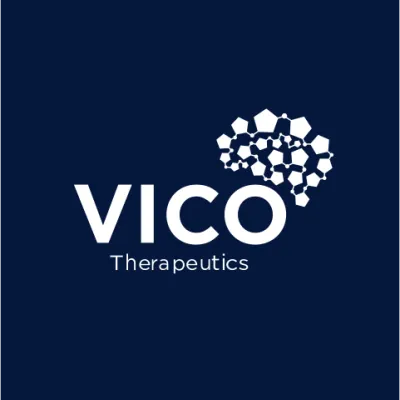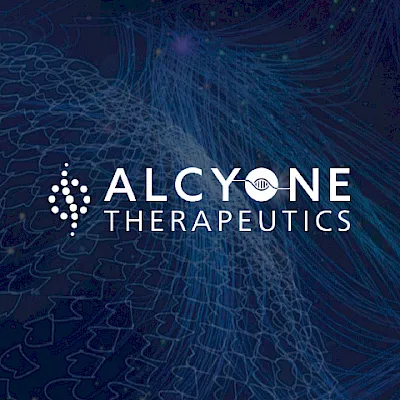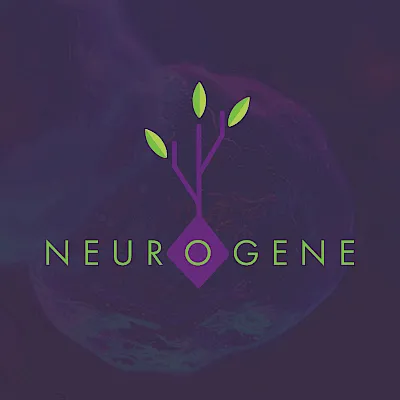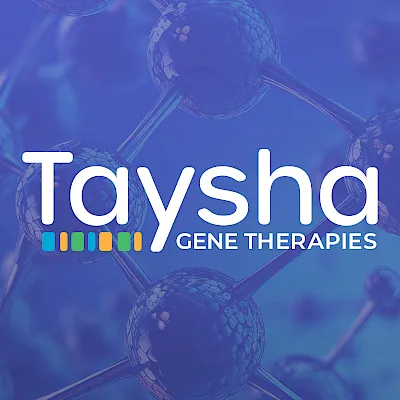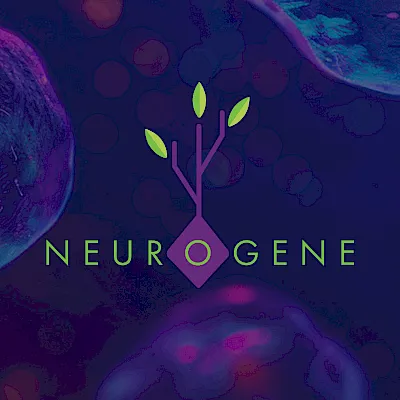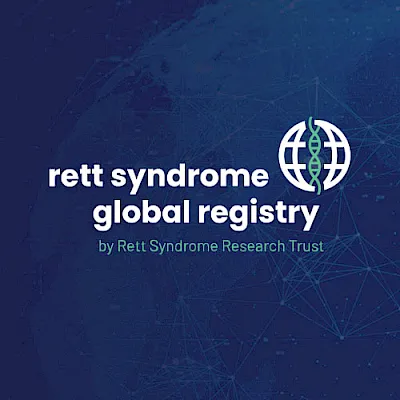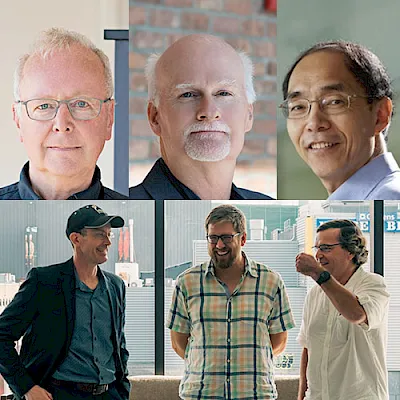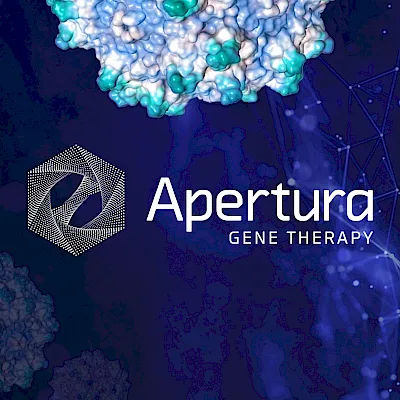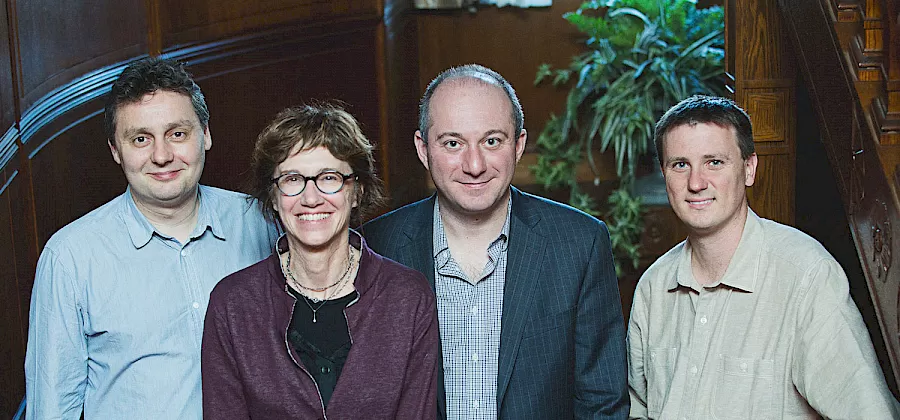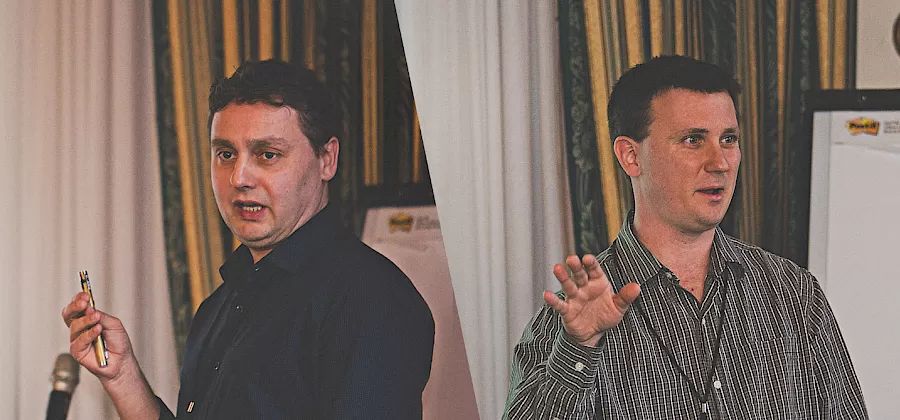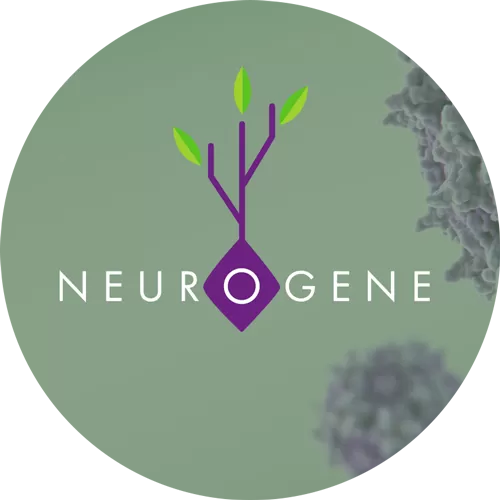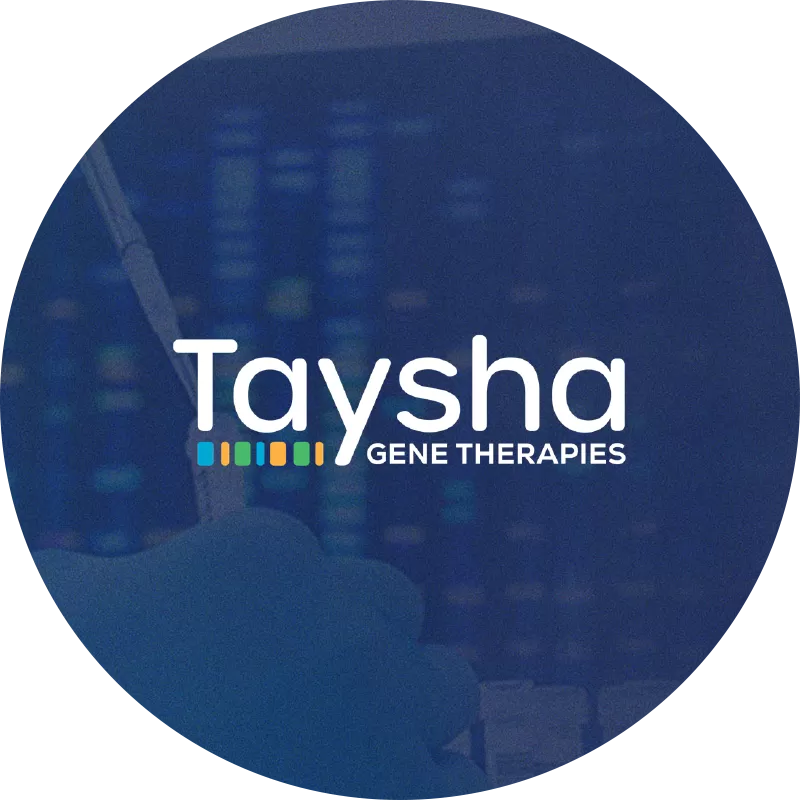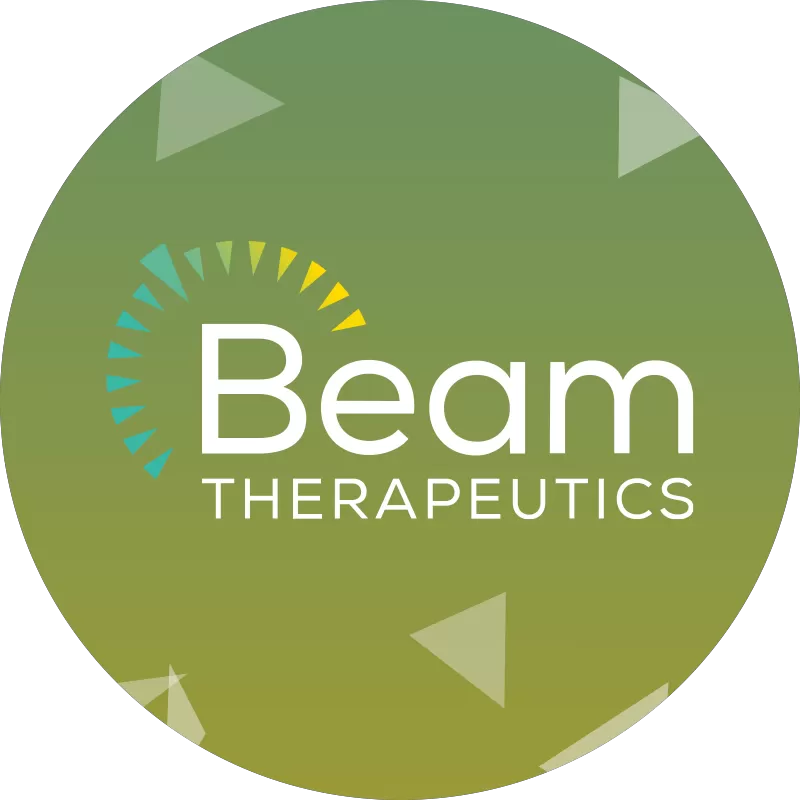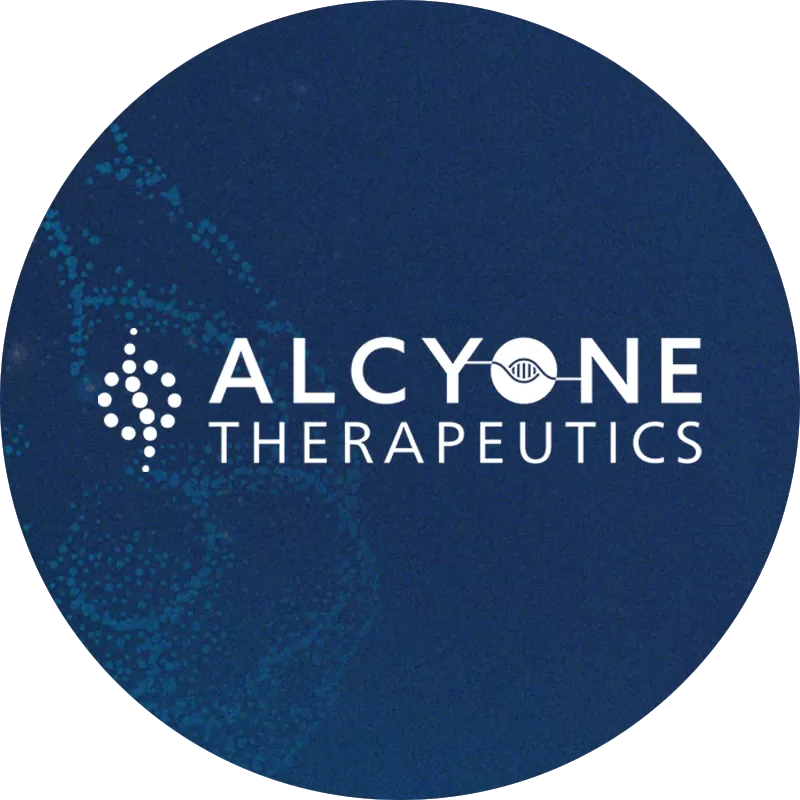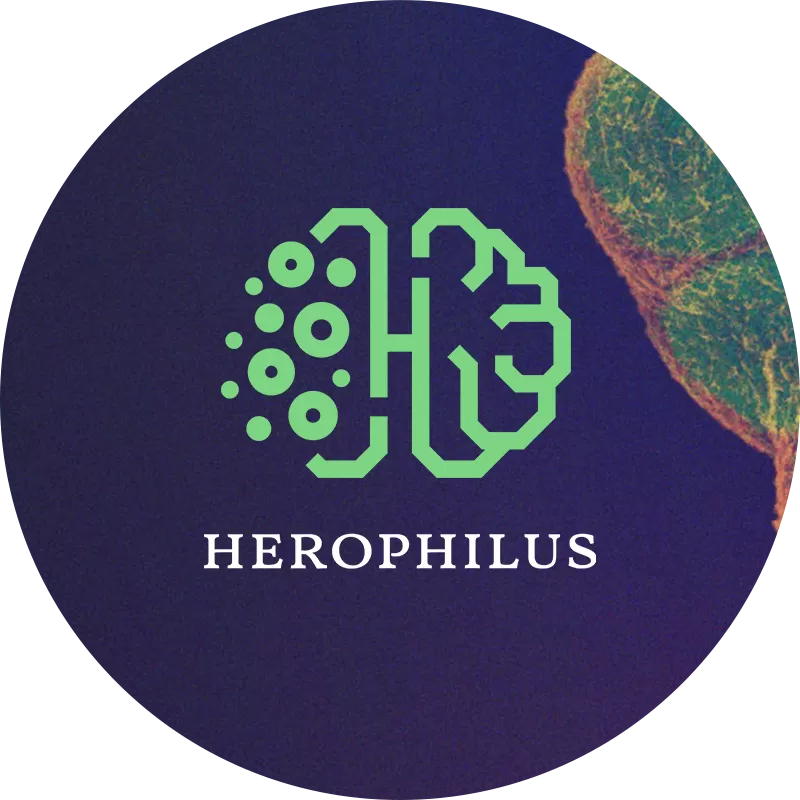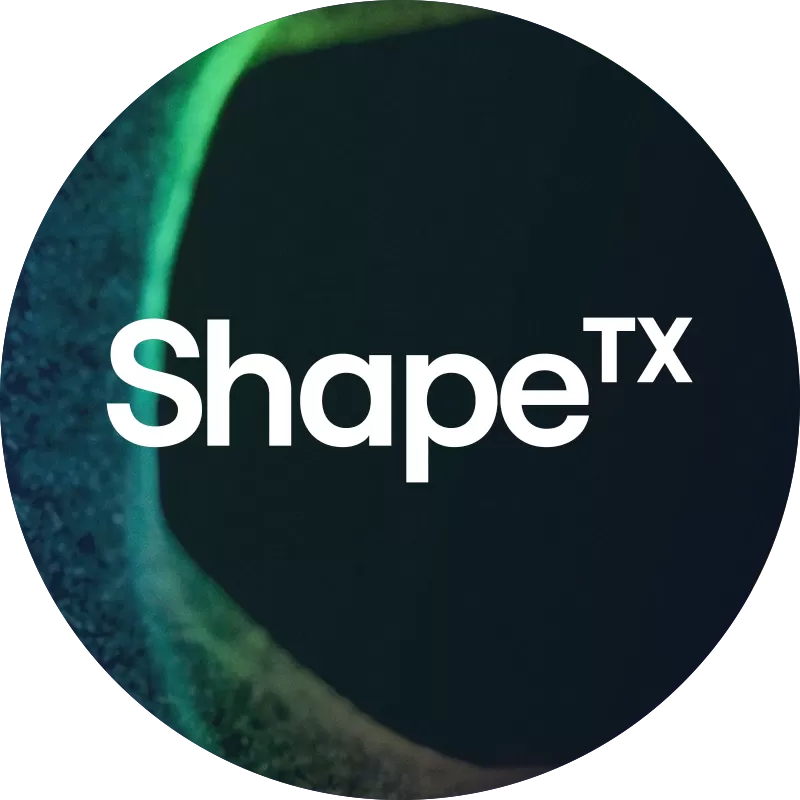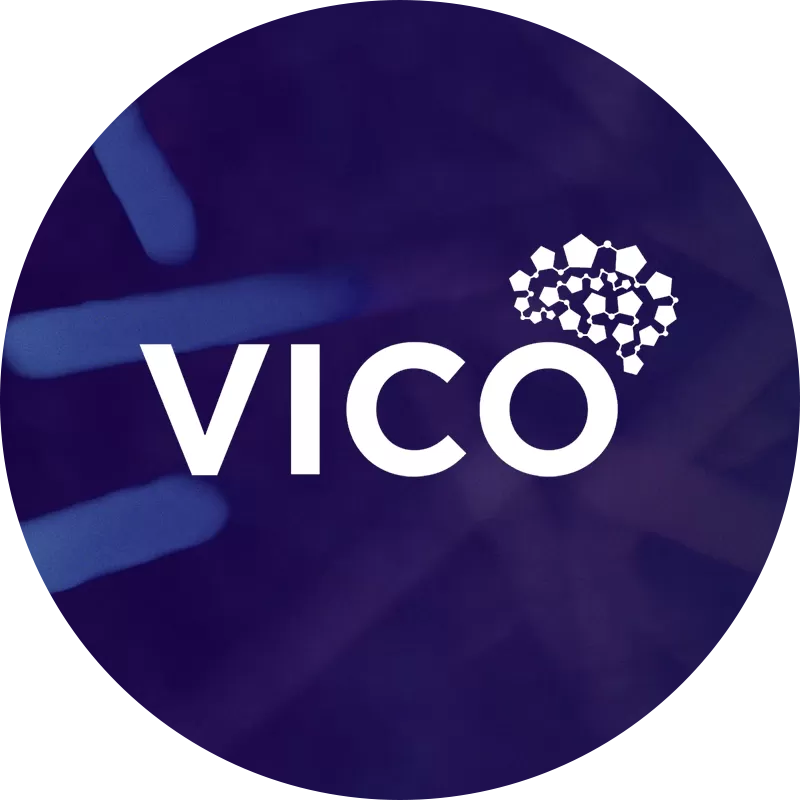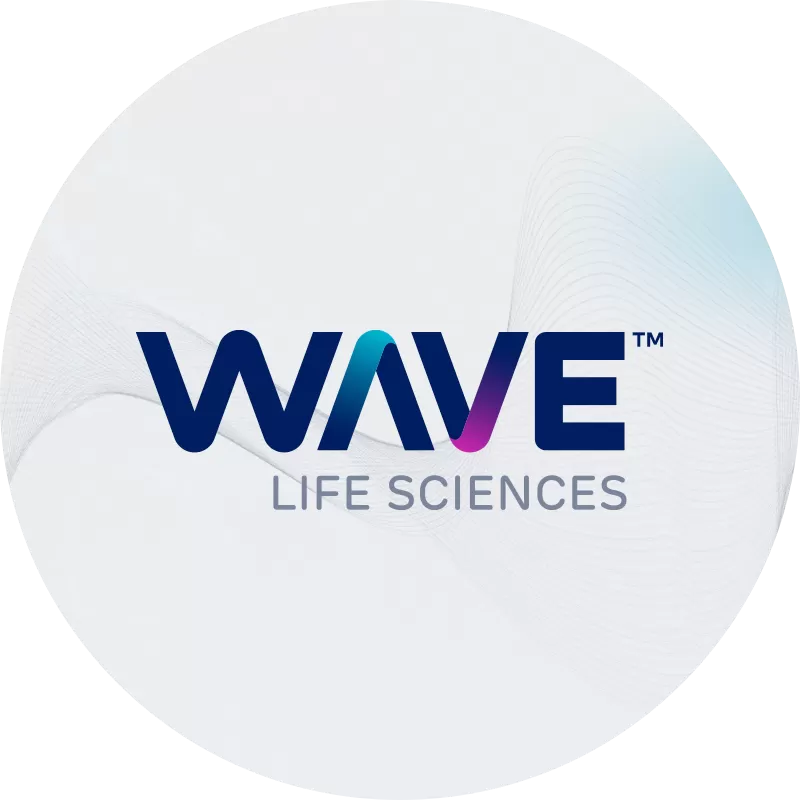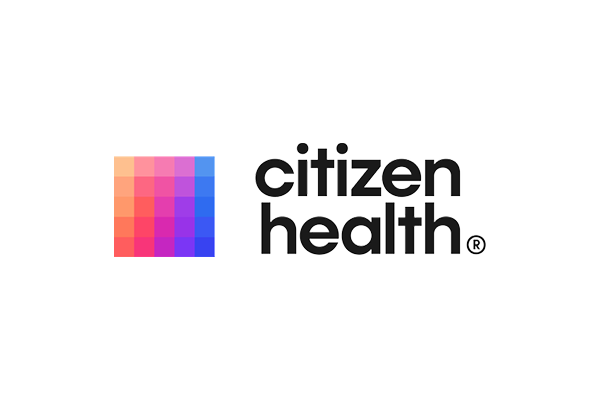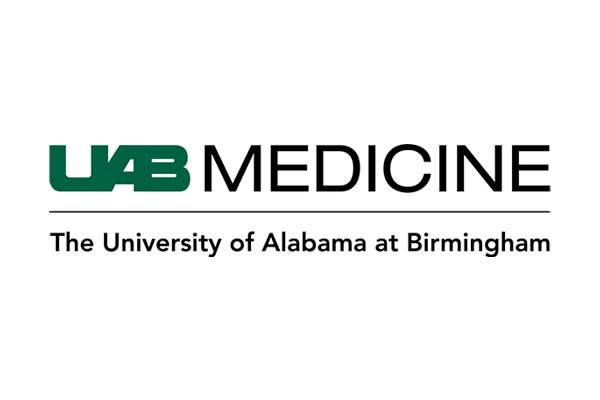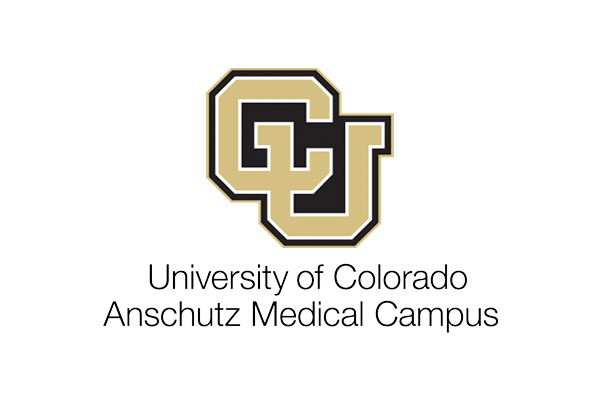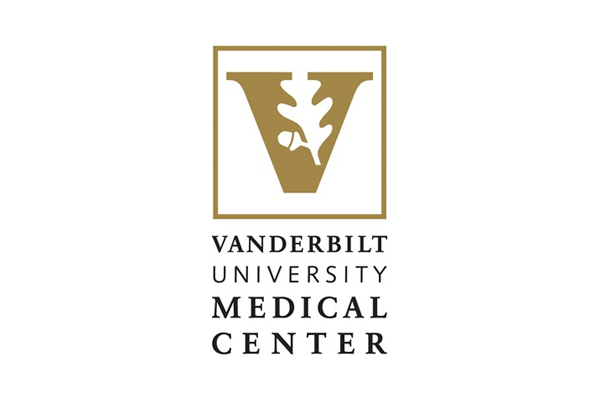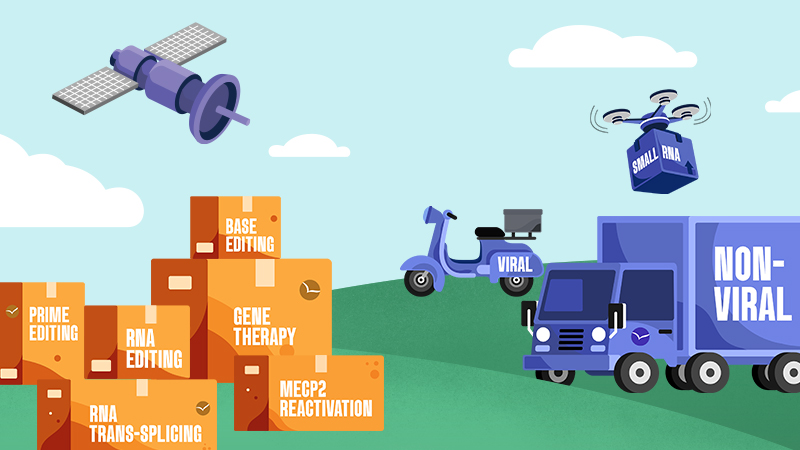An Unexpected Finding
In 1992, Sir Adrian Bird discovered a new protein and named it MECP2. Seven years later, Professor Huda Zoghbi discovered that mutations in MECP2 cause Rett. In 2007, Professor Bird shocked the scientific and Rett communities by showing that Rett symptoms in mice models disappeared upon restoration of MECP2.
This finding changed everything as it suggested a cure was possible. Monica Coenraads launched the Rett Syndrome Research Trust in 2008 to focus exclusively on cures. Adrian Bird joined Monica as a founding trustee, a position he holds to this day.
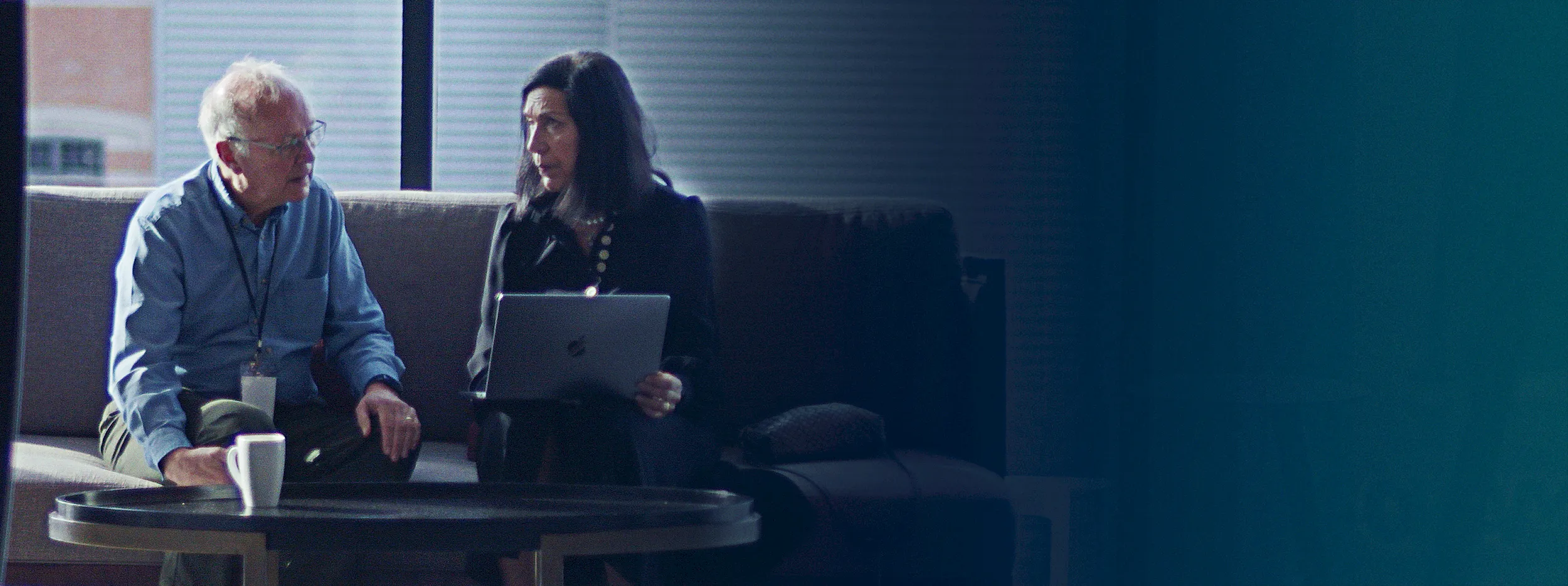
Gene Therapy Consortium
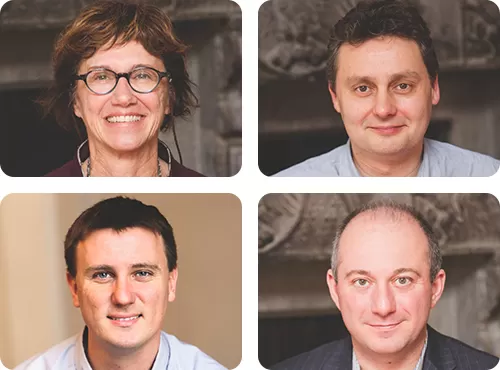
Since the moment RSRT was created, we’ve been optimistic about curing Rett. Fueling our optimism are three key facts: a single gene means we have a clear target, Rett brain cells don’t die, and restoring levels of MECP2 reverses symptoms in mice models.
When we began there was only one option to boost levels of MECP2: gene therapy. Many believed gene therapy for the brain was science fiction. We recognized that it was the wave of the future. Determined to make it a priority, we provided generous funding to drive this approach forward. In 2013, an RSRT-funded study by Gail Mandel, Brian Kaspar, and Adrian Bird showed that gene therapy had reversed symptoms in female Rett mice.
Spurred by the belief that labs with synergistic but varied skill sets would accelerate progress, we conceived the Gene Therapy Consortium in 2014. After scouring the gene therapy landscape we invited gene therapists Brian Kaspar and Steve Gray, and MECP2 experts Stuart Cobb and Gail Mandel to join the Consortium.
The Consortium is one of the most valuable investments we’ve made as it formed the foundation for the Rett programs at Neurogene, Taysha, and Vico.
A History of Rett & RSRT
Gene therapy is one approach to target Rett but it’s not the only approach. We believe the greatest likelihood of achieving cures is to take as many shots on goal as possible.

Our Track Record
Breakthrough discoveries are made in academic labs. But academic scientists are not drug developers — biopharmaceutical companies develop drugs. As Rett syndrome is not low-hanging fruit for biopharma, RSRT functions as a matchmaker and catalyst to derisk and ensure that biopharma picks up programs that we have advanced.
Our track record speaks for itself: Every single company pursuing a genetic medicine for Rett is able to do so because they leveraged discoveries and resources that were advanced with RSRT funding.
Yearly Awards
A list of our research awards from 2008 to 2024.
Publications
A list of scientific publications made possible through our funding.



